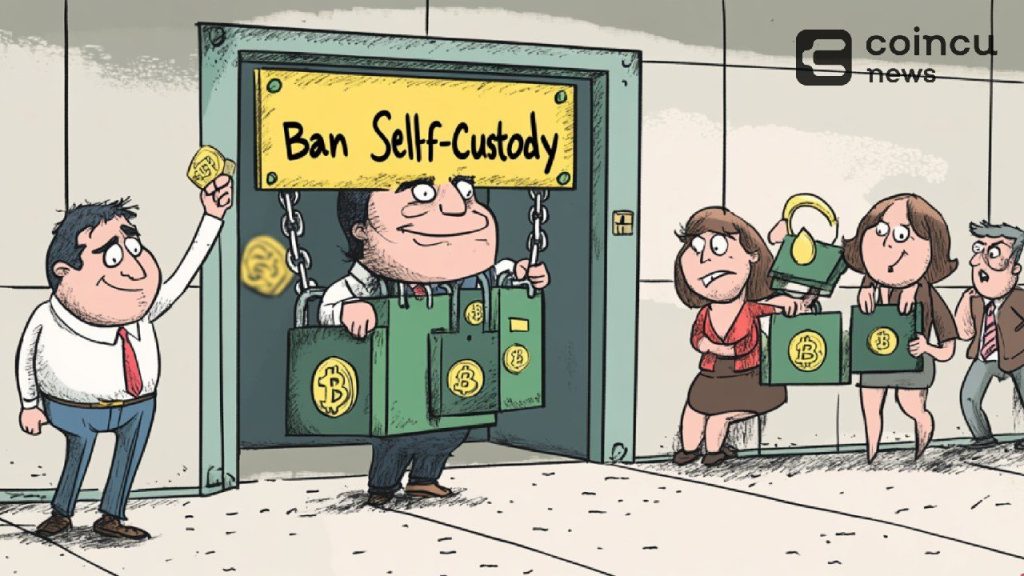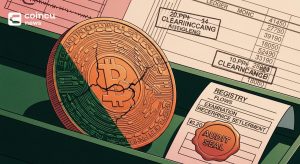Key Points:
- Brazil Stablecoin Withdrawal Ban restricts centralized exchanges from transferring stablecoins to self-custody wallets under new BCB regulations.
- Centralized exchanges must obtain foreign licenses as part of Brazil’s Stablecoin Withdrawal Ban to comply with evolving crypto regulations.
Brazil Stablecoin Withdrawal Ban proposed by BCB restricts centralized exchanges from transferring stablecoins to self-custody wallets, aiming to tighten regulations.

Brazil Stablecoin Withdrawal Ban Aims to Tighten Crypto Rules
The Brazilian Central Bank (BCB) could ban centralized exchanges from allowing stablecoin withdrawals into self-custody wallets. This constraint affects “tokens denominated in foreign currencies” to ensure Brazilian financial compliance. To regulate global money flows, centralized exchanges need foreign exchange licenses to provide consistent coin services.
This proposal allows the BCB to regulate the crypto industry as part of a December 2022 crypto law. Stakeholders can comment on the proposal until February 28, 2025. Despite public opinion, the BCB enforces crypto laws, according to Cryptoslate.
Read more: Brazilian Authorities Seize $1.6B in Crypto and Fiat in Major Crackdown
Economic Impacts of Brazil Stablecoin Withdrawal Ban
Brazil’s planned Stablecoin Withdrawal Ban shows how currencies are growing in importance in the financial sector. According to Brazil’s Internal Revenue Service, stablecoins made up 71.4% of September’s $4.2 billion crypto transactions, led by Tether (USDT). This important book discusses how new legislation may affect corporations and crypto traders.
Besides restricting withdrawals, the BCB suggests extensive virtual asset service provider requirements. Following traditional investment criteria ensures compliance with international capital rules for these firms. This policy balances financial stability and crypto sector innovation in Brazil.
| DISCLAIMER: The information on this website is provided as general market commentary and does not constitute investment advice. We encourage you to do your own research before investing. |























